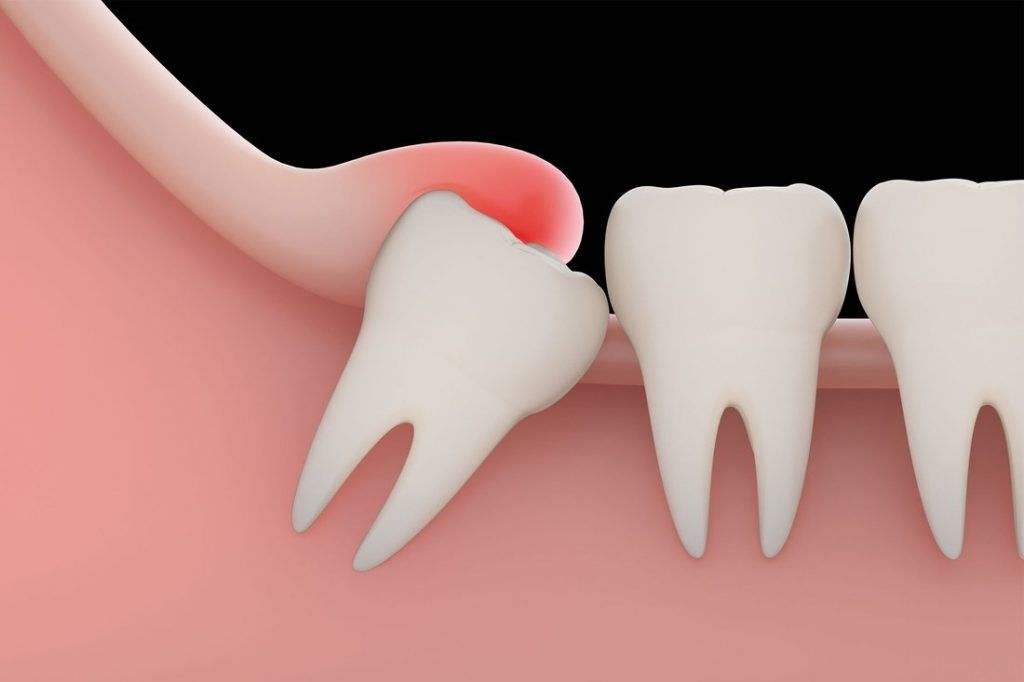 Dry socket is rare, and it occurs only in a few tooth extractions. But don’t panic they can be treated!
Dry socket is rare, and it occurs only in a few tooth extractions. But don’t panic they can be treated!
Each year, millions of Australians remove their wisdom tooth with minimal swelling and discomfort. However, only a few people experience dry socket. Only 2-5% of wisdom tooth extraction patients get dry sockets. But knowing about dry sockets before removing your wisdom teeth will help you prevent getting them.
Probably you might have heard from someone that they have suffered from dry socket due to wisdom teeth extraction which is why you are here reading this blog. Relax; you are in the right place. This guide will help you get insights on dry sockets and help you prevent getting them.
What is a dry socket?
Once you pull out a tooth, blood clot forms that help in healing and new bone formation. In case, if the blood clot is not formed or it gets dislodged from the extraction site, a painful dry socket occurs.
Actually, the blood clot has got two functions: it stops the bleeding after the wisdom teeth removal in Sydney and overtime, it also stimulates bone healing. The dislodging of blood clot delays the healing process and leads to a painful socket. Lower teeth which have been extracted are more likely to develop dry socket than the upper teeth. Even though dry sockets can be painful, it can be prevented by following the post-operative care instructions given by your dentist.
What are the symptoms of having a dry socket?
The wisdom teeth removal cost in Sydney is affordable, and the following are the signs of having dry socket:
- Throbbing pain after three or four days after a tooth extraction
- Partial or completely dislodged blood clot at the extraction site in which the bones are visible
- Pain that radiates from the extraction site to your jaw, ear and neck on the same side
- Bad breath and unpleasant taste from your mouth
What are the factors that increase the risk of developing dry socket?
- Smoking: chemicals in cigars may slow down the healing process and contaminate the extraction site. The sucking motion while smoking completely dislodges the blood clot.
- Poor oral hygiene: Failing to follow the post-operative care instructions and poor oral hygiene practice may increase the risk of developing dry socket.
- Gum infection: Infections around or on the surgical site may increase the risk of dry socket.
Tips to avoid dry socket:
- You should take these steps to prevent getting dry socket:
- Seek an experienced dentist for removing your wisdom teeth Sydney
- Try to stop smoking before and after the extraction of wisdom teeth removal
- Talk to your dentist about the medications that you are taking because they may interfere with blood clotting
- Eat only soft foods on the day of the surgery. Do not take hot and cold liquids.
- Avoid chewing on the extraction side of your mouth
- Avoid using straw because the sucking motion may dislodge the blood clot



